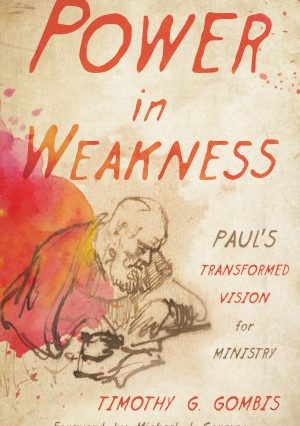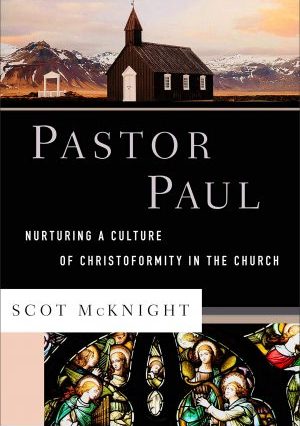
How Women Ministered in the Early Church | Influence Podcast
A well-known evangelical pastor recently announced that he will not speak at conferences that include women speakers. “There’s a line at which you can’t cross because someone is blatantly disobedient to Scripture,” he said. “ A conference that platforms men … Continue reading How Women Ministered in the Early Church | Influence Podcast





